Western Queensland. It has a landscape, an aroma, a feeling all of its own. Our family landed there, and it quite literally felt like arriving on a foreign shore, 40 years ago. I remember we came on a hot, airless night in early December. We stopped the truck on a rise that overlooked the homestead to unload the horses, their snorts and ringing hoof beats amplified in the still night air. The stars shone bright and hard above us and somewhere in the darkness a night bird sang a sad and haunting note.
I will never forget that night, nor those early days on the property; our own place at last: the excitement, the responsibility, the exploration of our beautiful river and the paddocks with their unique geography. We washed ceilings blackened by a smoky kerosene fridge and swept out buckets of dust. Filling the empty house with our own possessions, it started to feel like home.
We came with our three children and were welcomed into the community. School of the Air helped me to connect to other parents and for all of us it was a time of learning. I was a city girl, married to a man of the land. Five years of working on a cattle property in north Queensland had convinced us this was the life we wanted for our family. Our kids took to their new home without question or a backwards glance. They learned to draft and muster sheep, help out at shearing time and had soon collected a menagerie of pets.
I discovered that teaching, laundry, cooking and housework had to take second place to helping on the property. It became something I did in my ‘spare time’ when we weren’t doing outdoor work and as much as I loved riding my horse, it quickly became work not a pastime.
I found myself in an awkward position. Life before had been clear cut and simple; I looked after the house and the kids while stock work was the men’s territory. I was in charge of my domain; he was in charge of his. Now our worlds had collided!
Working stock was something I had to learn to do and apparently I wasn’t very good at it. For a while I felt I was not very good at anything. I soon came to realise that my right brain thinking and his left brain directions would clash every time.
The ‘open ridge where the bulls camp’ and ‘that washed out gully just off the road’ were not specific enough for me. I found myself unloading horses in the wrong gully, waiting with lunch at the wrong ridge. I needed a map. Because that’s how my brain works; I have to see it not imagine it. When I image, all sorts of wrong things happen!
And so began a period of adjustment and compromise. I have had to accept that in some situations one person has to be in charge while the other follows. I still feel my opinions need to be heard but there are times to question and times to conform, times to make suggestions and times to just put your faith in someone else’s judgment. I guess it comes down to trust.
These days, while we discuss aspects about the property the ultimate decision is made by him, that’s his area of expertise. I have made my own niche in life and I’m happier for it; writing about the irrepressible people who live out here and the resilience of country towns.
I don’t want you to think I’m some downtrodden woman who has learnt her place. Far from it, and while I believe in equality I have had to question my own motives at times. I wasn’t born on the land but have learnt to love it. Loving it however, is not enough. Understanding it takes much longer.
I am in awe of the connection my partner has with this land and his stock. He knows where the sweetest grasses grow and where the cattle will be grazing, how water flows and where to build a dam. He knows the best timber for yard posts and the right tension for wire. He can joggle a rail to fit a post with precision, coax a cow to let her milk down and spot a heifer about to calve from a mile away. He always knows which way is home, no matter where we are.
So I have given him his due credit for this gift he has of knowing his land. It’s no less than he deserves. For me, I know more now than I did 40 years ago. Our children’s lives were enriched from their time on the land and they have gone on to be hand working responsible people who understand the joy that comes from living in a natural environment, of working with their hands and caring for animals with an affinity that is not sentimental but practical.
There is so much to learn from farmers and graziers. They know things that mere mortals will never comprehend.
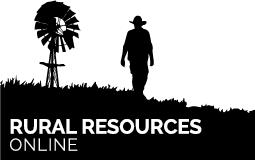
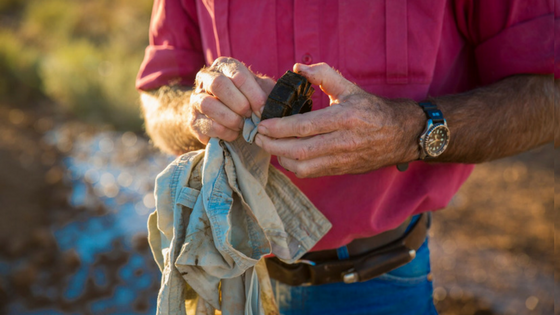
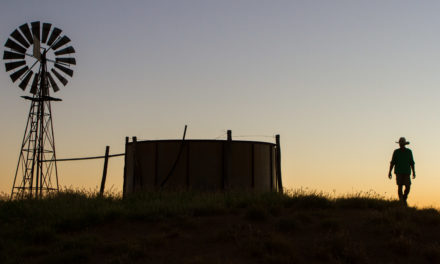
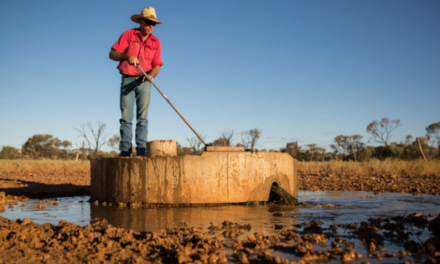
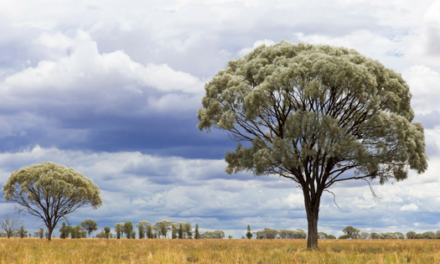
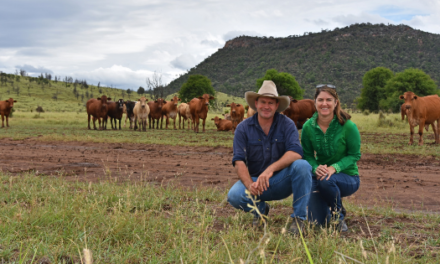
You spoke a lot of sense.It resonated with me. Good luck in your endeavours.